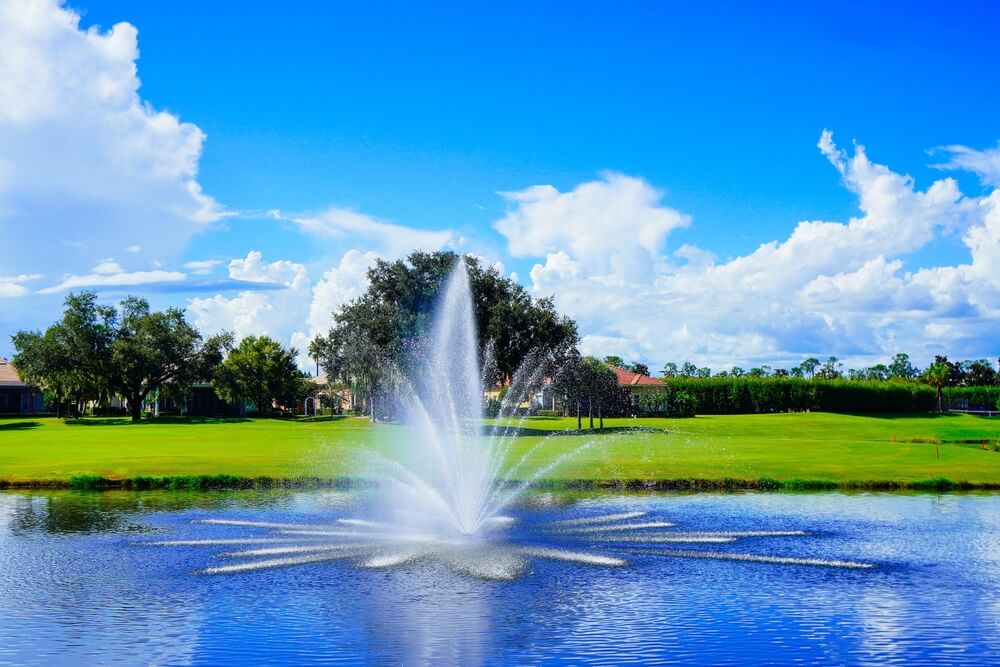
If you own a water softener, you've probably heard that salt is important. But what really happens if you forget to refill it? Does it stop working immediately? Will your water quality change?
Let’s break down what water softener salt does, what signs to watch for, and what problems can happen if you skip refills too long.
What Does Water Softener Salt Do, Anyway?
Water softeners work by removing hard minerals like calcium and magnesium from your water. These minerals cause spots on dishes, dry skin, and clogged pipes.
Salt helps your softener clean itself in a process called “regeneration.” During this cycle, salty water (called brine) flushes the system and washes away the trapped minerals. Without salt, the system can’t clean itself—and that’s when the trouble starts.
Signs You Forgot to Refill the Salt
You might not notice a problem right away. But after a few days or weeks without salt, your water softener will stop doing its job. Here are signs it’s running on empty:
- Hard water returns – soap doesn’t lather, skin feels dry
- White spots – on dishes, faucets, and shower doors
- Rust stains – from iron build-up
- Low water pressure – due to scale buildup
- Strange water taste – metallic or bitter flavor
If you see these issues and haven’t checked your salt tank lately, it’s probably time.
What Happens If You Don’t Replace the Salt
Skipping salt doesn’t just affect water quality. It can lead to bigger—and more expensive—problems over time:
1. Hard Water Damage
Without salt, your softener can't remove minerals. That means hard water flows through your home again. Over time, it can:
- Clog your plumbing with mineral buildup
- Shorten the life of appliances like dishwashers and water heaters
- Leave itchy residue on your skin and hair
- Ruin the efficiency of soap, detergent, and shampoo
2. System Strain
When the resin inside your softener gets full of minerals and can't regenerate, your system works harder. This can cause:
- Overuse of water and electricity
- Weakened performance of the entire softening unit
- Costly repairs or early replacement
3. Bacterial Growth
Standing water without enough salt can become a breeding ground for bacteria. This makes water hygiene a concern, especially if your tank stays empty for a long time.
How to Prevent Salt-Related Problems
The good news? Avoiding these issues is simple. Here’s how:
- Check salt monthly – Lift the lid and make sure there’s at least ⅓ of a tank full
- Use the right salt – Most systems use pellets, but check your manual
- Avoid salt bridges – Hard crusts that form and block salt from dissolving
- Clean the tank yearly – Especially if you see sludge or residue
For even more convenience, consider our salt delivery service. We can deliver salt straight to your home—even pour it into the tank for you.
To Keep Your Water Soft, Keep the Salt Coming
A little salt goes a long way in protecting your home’s water system. Forgetting to refill your softener might seem harmless at first—but over time, it can lead to hard water damage, higher bills, and costly repairs.
Make a habit of checking your salt level regularly—or sign up for our delivery service that takes care of it for you.
Sign up for our salt delivery service and never worry about running out of salt again!
Read Our Blog

When Your Lake Fountain Starts Looking Tired, Maintenance Is the Fix
When maintained properly, your fountain becomes more than a visual feature. It becomes a symbol of your community’s commitment to quality, care, and environmental stewardship.

Will City Water Kill Minnows? What Every Fish Owner Needs to Know
Learn how to prevent the chemicals in your water from killing your fish.

Should You Filter City Tap Water?
If you’re a Naples homeowner wondering whether your family should drink water straight from the tap or invest in a filter, you’re not alone. This guide breaks it all down in simple terms. You’ll learn how the city treats water, what might still be in it, and how to decide if a filter is worth it.
